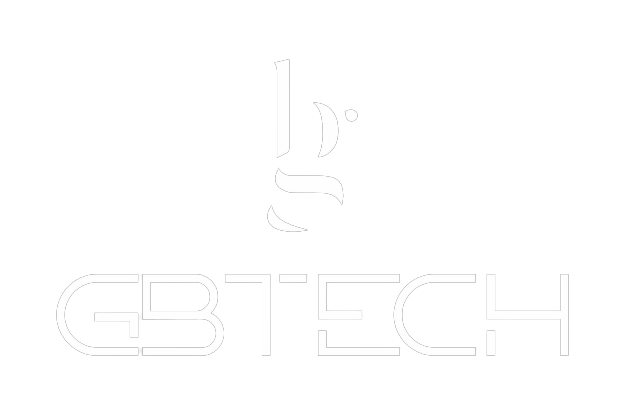Are You Ready for the Second Half of 2024?
Strategies to Enhance Efficiency and Cost Control
As we approach the second half of 2024, the imperative for CFOs to prioritise efficiency and cost control has never been clearer. A recent EY survey indicates that 84% of Irish CFOs are focused on these areas as their top strategic priorities. However, achieving these goals requires a comprehensive approach that addresses several interrelated challenges. Here are a few thoughts on how CFOs can tackle these issues effectively.
The Dual Challenge: Efficiency and Talent Retention
Efficiency gains and cost control are crucial, but they depend significantly on the quality and stability of the finance team. Talent retention, therefore, becomes a critical element. The finance sector is experiencing a talent crunch, with high turnover rates and intense competition for skilled professionals. CFOs must create an environment that attracts and retains top talent, which includes competitive compensation, professional development opportunities, and a positive workplace culture.
Upskilling: A Key to Unlocking Efficiency
With technology rapidly transforming everything around us, including the finance world, upskilling is essential. Finance teams need to be equipped not just with traditional accounting skills but also with advanced competencies in data analytics, AI, and cybersecurity. These skills enable them to leverage new technologies effectively, thereby enhancing efficiency and driving cost control.
Training programmes should focus on both technical and soft skills. Technical upskilling includes learning to use AI platforms and advanced data analytics tools, while soft skills training should emphasise adaptability, strategic and creative thinking, and problem-solving. Such a comprehensive approach ensures that the finance team is prepared to navigate the complexities of modern finance.
Embracing Generative AI
Generative AI holds significant potential for enhancing efficiency in the finance sector. By automating routine tasks and providing predictive insights, GenAI can help free up valuable time for finance professionals to focus on strategic activities. CFOs should begin by identifying areas where AI can add the most value, such as financial forecasting, risk management, and reporting.
Implementing GenAI requires a strategic approach. This includes investing in the right technologies, collaborating with IT and other departments to ensure seamless integration, and providing adequate training for staff. Moreover, as AI technologies evolve, staying abreast of regulatory changes is crucial.
Navigating Regulatory Challenges
The regulatory landscape for AI and other advanced technologies is evolving. The upcoming EU AI Act, for example, aims to ensure that AI systems are used safely and ethically. Compliance with such regulations is essential to avoid legal pitfalls and build trust with stakeholders.
CFOs should work closely with compliance teams to understand the implications of new regulations and ensure that their AI implementations meet the necessary standards. This proactive approach not only mitigates risks but also enhances the organisation’s reputation and trustworthiness.
—
The second half of 2024 presents significant opportunities for Irish CFOs to enhance efficiency and control costs. By focusing on talent retention, upskilling their teams, embracing Generative AI, and navigating regulatory challenges, CFOs can position their organisations for sustainable growth. The journey towards greater efficiency is complex, but with a strategic, multifaceted approach and great partners, the benefits are substantial and well within reach.
References:
